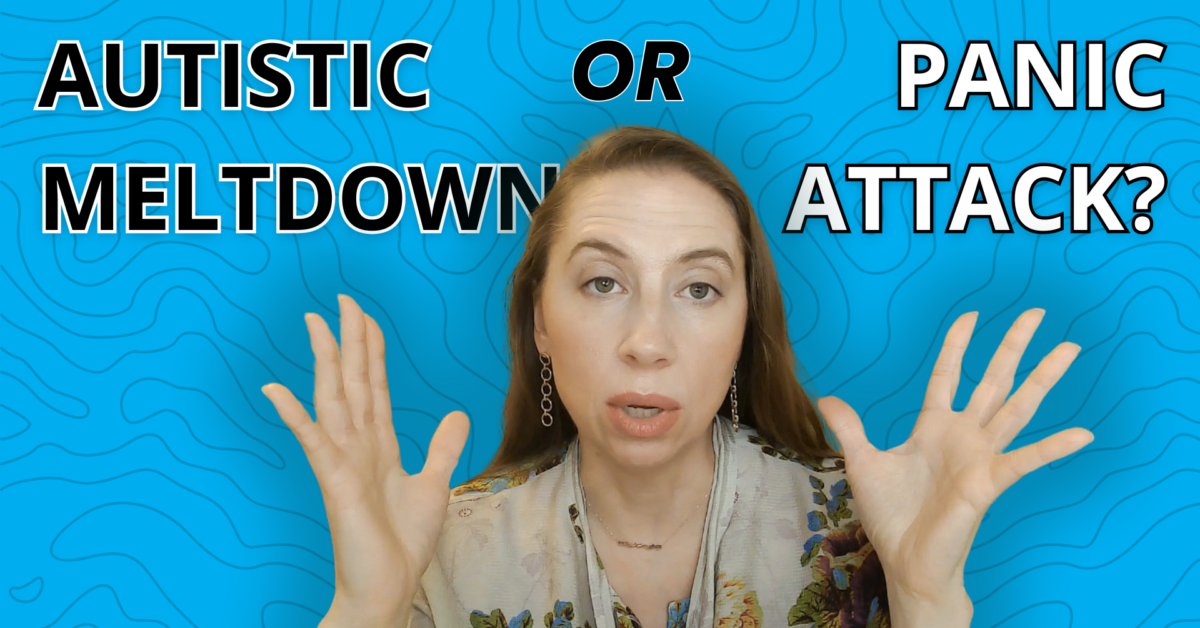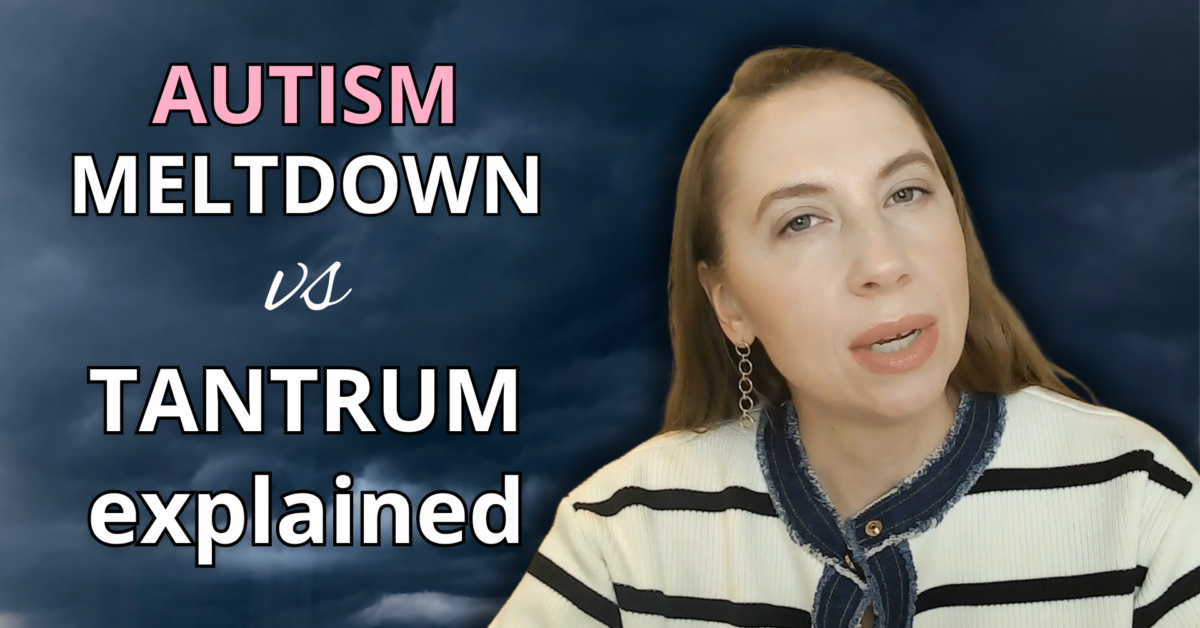Warning: This information is NOT for Beginners
PEA has been widely studied for various therapeutic areas in thousands of adults, but it is not well studied in children. PEA is not a supplement to start with, but for those who have a knowledgeable healthcare team in place, PEA can be an option.
So please, make sure that a special diet has been implemented for several months, just to see if PEA is even really needed. Many times the supplements that you think your child will need, they don’t need once a special diet has been implemented for several months.
Indications Of Need
PEA is used when someone has chronic problems with
- Inflammation
- Depression
- Seizures
- Pain
- Glutamate imbalance
- Hyperactivity
- Speech delays
- Behavioral problems
Serious adverse effects or drug interactions have not been found thus far in the literature with PEA.
What Is Palmitoylethanolamide (PEA)?
PEA is a saturated N-acylethanolamide in the endocannabinoid family.
What is an Endocannabinoid? They are molecules that bind to cannabinoid receptors, and that’s involved in neuromodulatory activities in the body.
You might be a parent listening to this, thinking about cannabis as an option for your child. PEA is a molecule that works in a very similar fashion to cannabis.
PEA & Autism
In 2013, experiments in a mouse model with autism showed that PEA could influence the sociability of the mice.
In 2017, PEA was shown to influence social and non-social behaviors in a mouse model with autism. So you can see all these animal model experiments, they’re very recent.
PEA is really a cutting edge supplement. That’s why it’s not for beginners.
Several case studies of humans with autism showed that PEA or PEA with other supplements influenced overall autism severity, meaning, it decreased overall autism severity. It also has been shown to improve language and behavior problems. Now, these are case studies. That means they’ve seen these changes in one or two children with autism.
The natural progression in research is to then do a clinical trial.
In 2018, a randomized parallel-group, double-blind placebo-controlled study with 70 children with autism, found that PEA added to Risperidone had superior efficacy in decreasing irritability and hyperactivity non-compliance symptoms.
They measured this using the ABC-C when compared with Risperidone alone. So that is important if your child is on Risperidone, or if your child has any of the behaviors that are associated with being prescribed Risperidone. This is definitely something thing to talk to your doctor about if your child is on Risperidone.
Towards the end of this study, it was 10 weeks, there were signs that PEA was actually decreasing inappropriate speech, but the study, it really wasn’t long enough to see more. 10 weeks, it’s quite short of a period to study such changes in the child. But within those 10 weeks, they did see quite a difference for irritability and hyperactivity non-compliance symptoms.
PEA Alone
Many of you might be thinking, ‘’Well, what if I just gave my child PEA alone? What have the studies shown?’’ Well, they’re doing them now.
Scientists are now studying if PEA could be a standalone therapy for autism. They based this on the conclusions from the clinical trial this year, showing that in 70 children with autism, there was a better efficacy when adding PEA to Risperidone.
So now it’s very logical to study PEA as a standalone therapy for autism. There weren’t any major adverse effects when PEA was added to Risperidone. That’s beneficial information to have as a parent.



